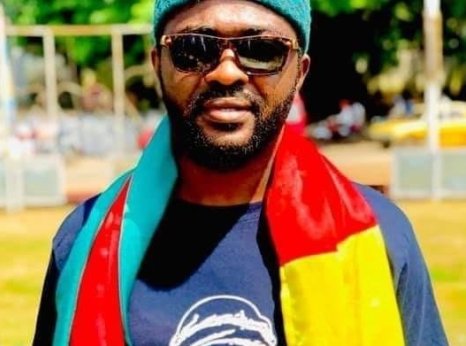Equatorial Guinea: Arrested Activists’ Whereabouts Unknown

The FNDC Movement (National Front for the Defence of the Constitution) is a coalition of civil society organizations and political parties that initiated a series of demonstrations in October 2019 in Guinea to protest the amendment or adoption of a new Constitution. Since then, the FNDC has been at the heart of most of the demonstrations to denounce several human rights violations by former and current regime. On 8 August 2022, the Guinean transitional authorities, which came to power following a coup d’etat on 5 September 2021,decided to dissolve the FNDC, which they described as a “de facto movement” and accused it of having “always been known for violence against people, the degradation and destruction of public and private property, and acts of incitement to hatred.”
In May 2022, the Guinean authorities banned protests until the start of the electoral cycle.
Oumar Sylla and Mamadou Billo Bah have already been arbitrarily detained for exercising their rights to freedom of expression and peaceful assembly. In September 2020, Oumar Sylla was arrested while mobilizing against President Alpha Condé's candidacy for the October 2020 presidential election. Following the presidential election, protests - some of which were violent - erupted to contest the results. Security forces responded to the protests by using excessive force when carrying out operations in some neighbourhoods which resulted in deaths. In September 2021 he was freed after the newly appointed Attorney General ordered his release. Oumar Sylla was again arbitrarily detained from July 2022 to May 2023. Mamadou Billo Bah was also arbitrarily detained from January 2023 to May 2023.
On 21 October 2022, the Economic Community of West African States (ECOWAS) and the Guinean authorities signed an agreement for a 24-month transition in 10 stages, which was to lead to a return to constitutional order in December 2024. The government was dissolved on 19 February 2024, a new prime minister was appointed on 27. In March 2024, the new prime minister, Amadou Oury Bah, announced that the deadlines agreed with ECOWAS could not be met and suggested that the transition would now end in 2025, following a constitutional referendum in 2024.